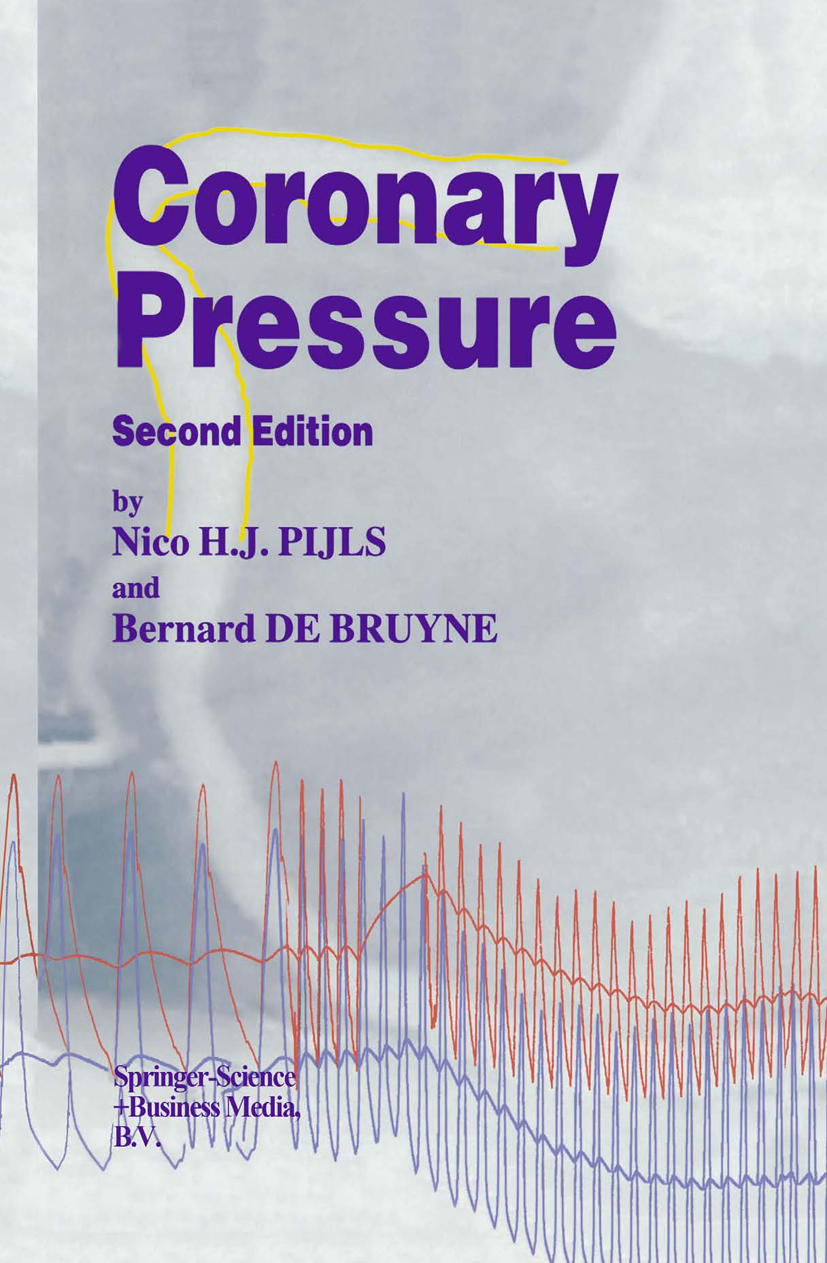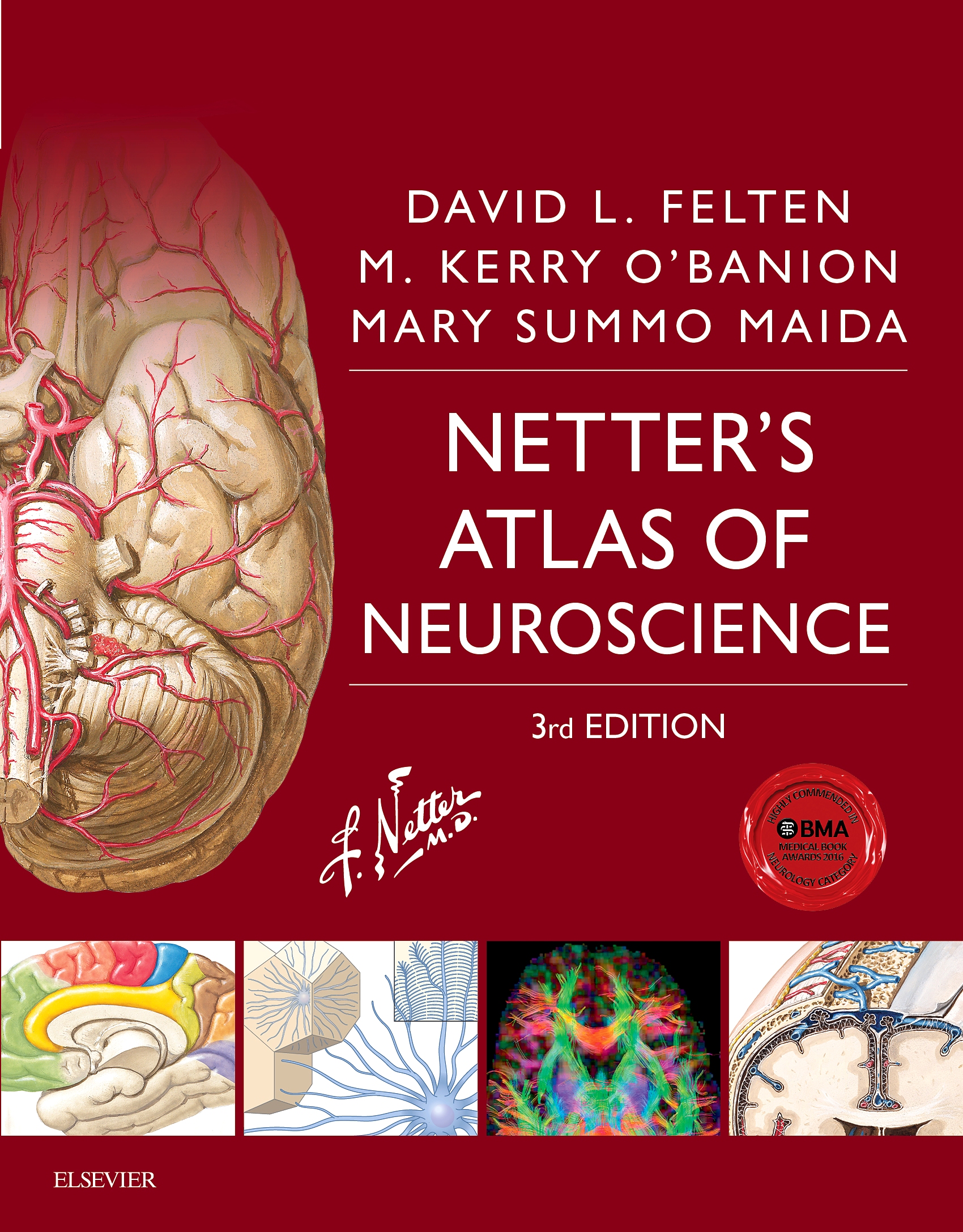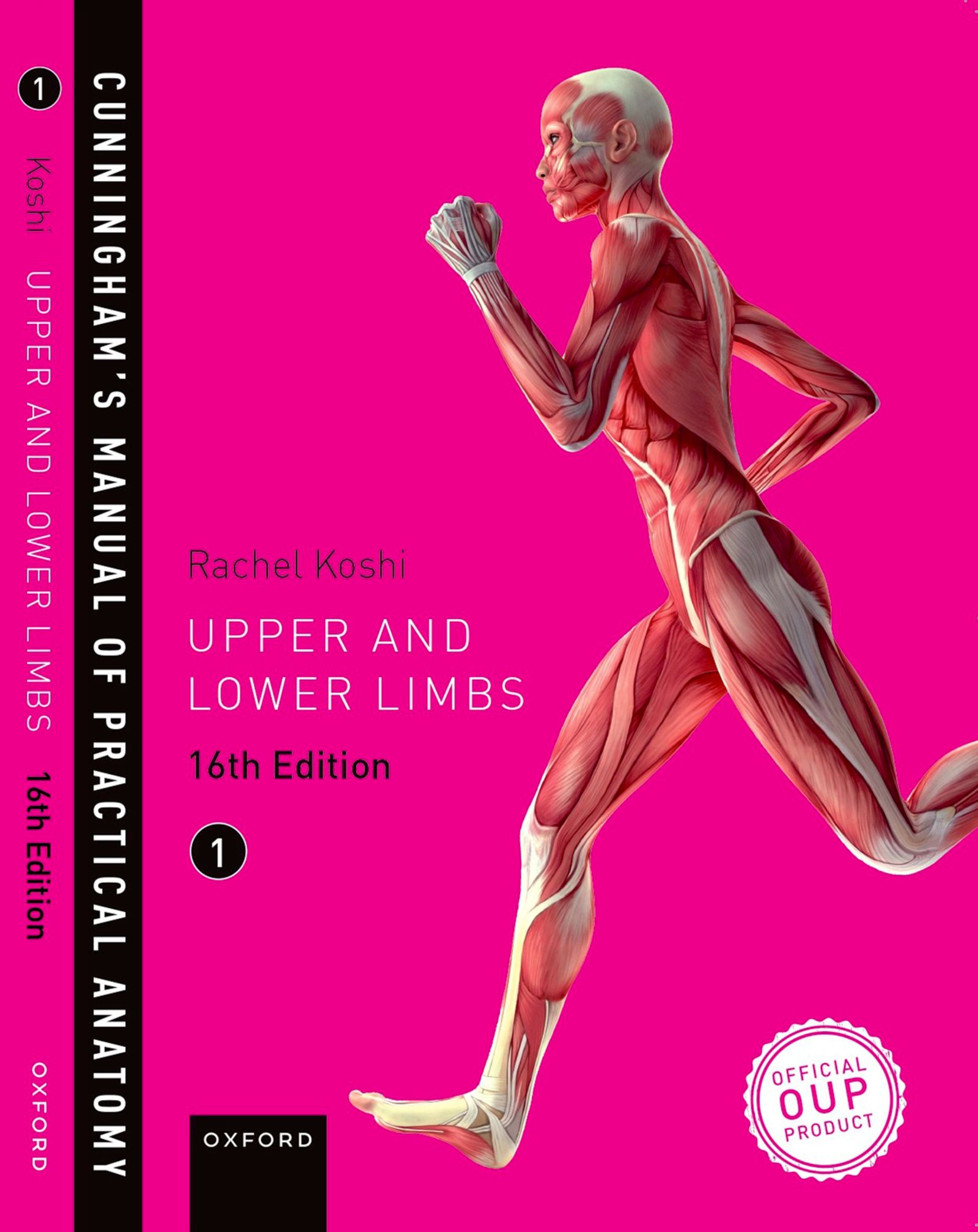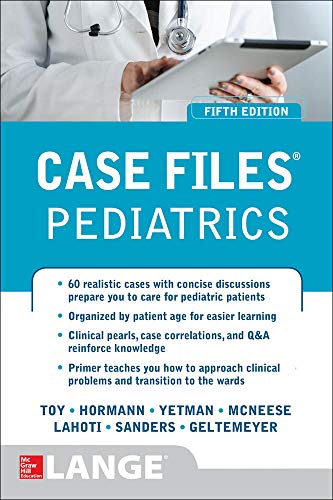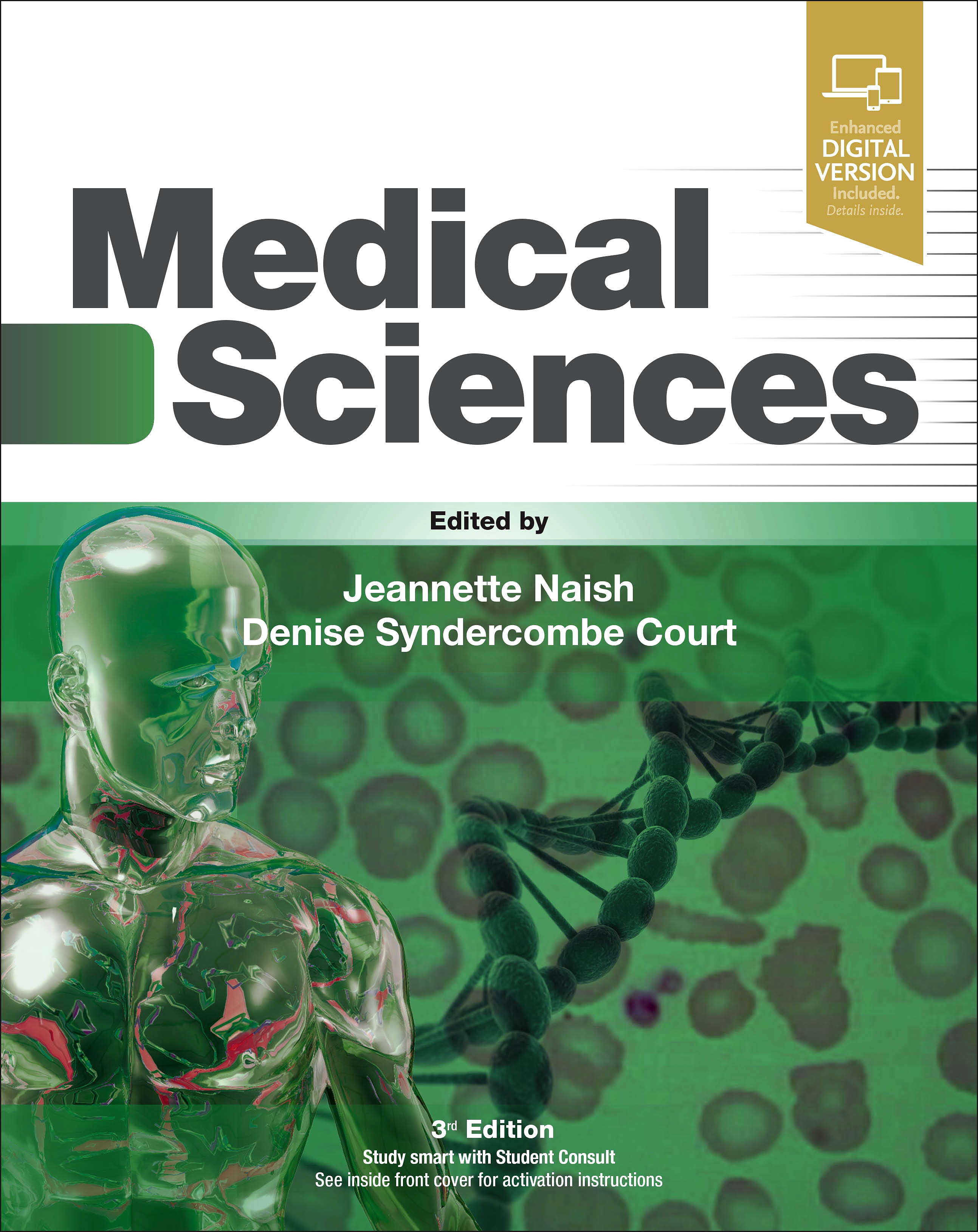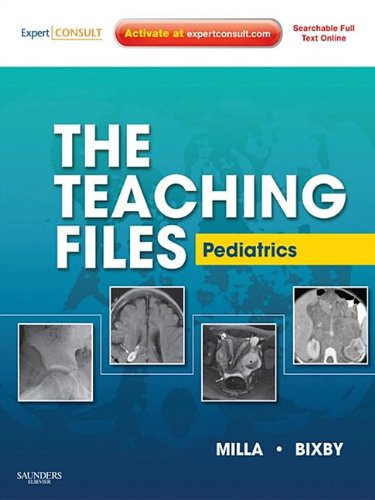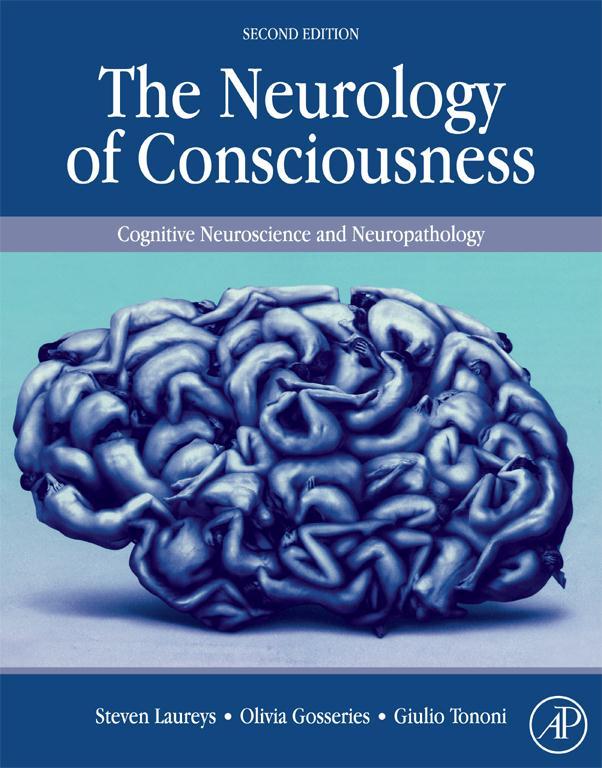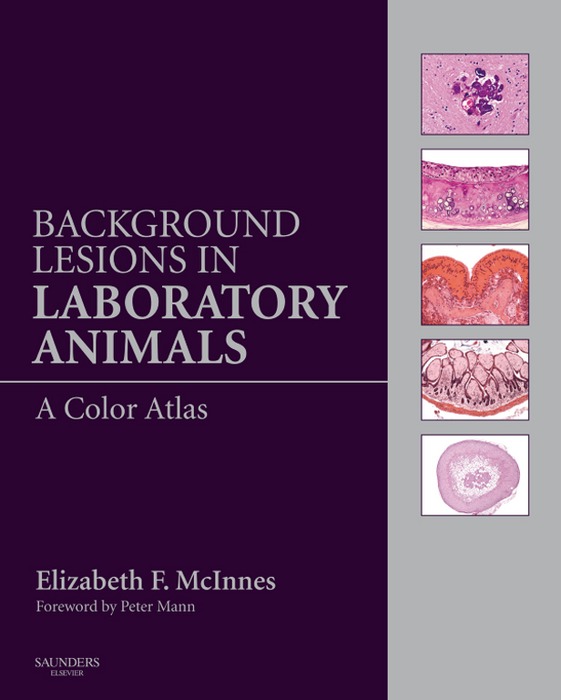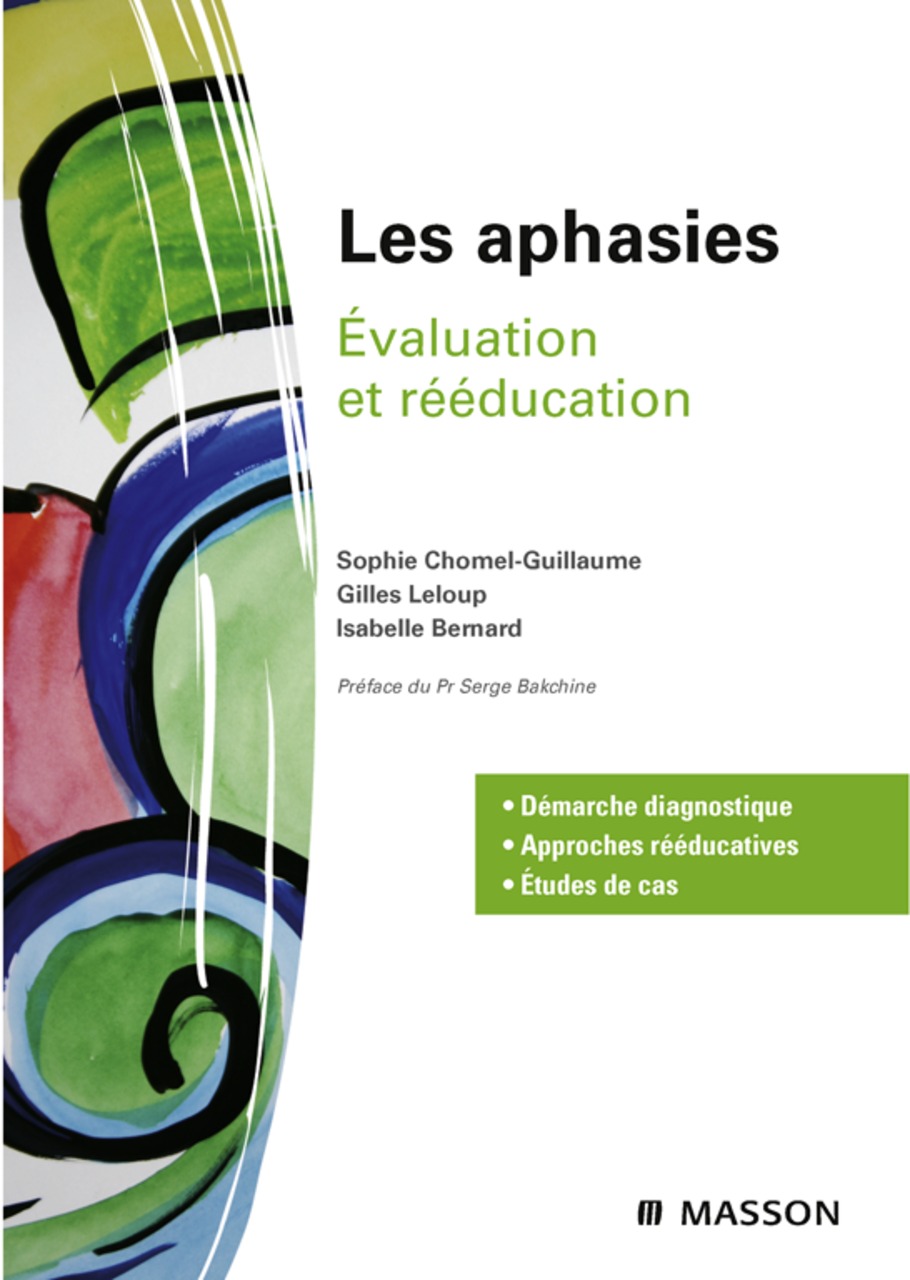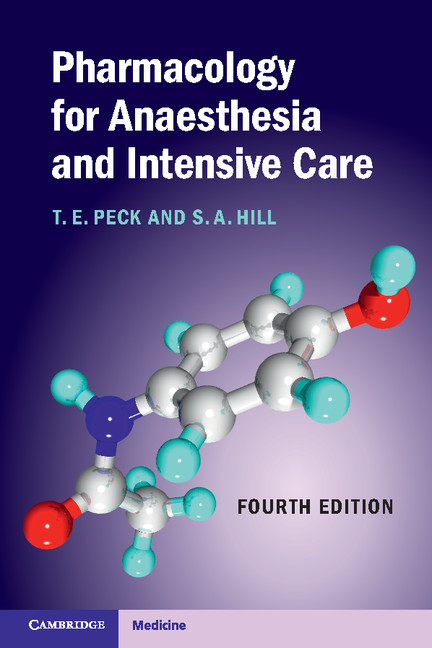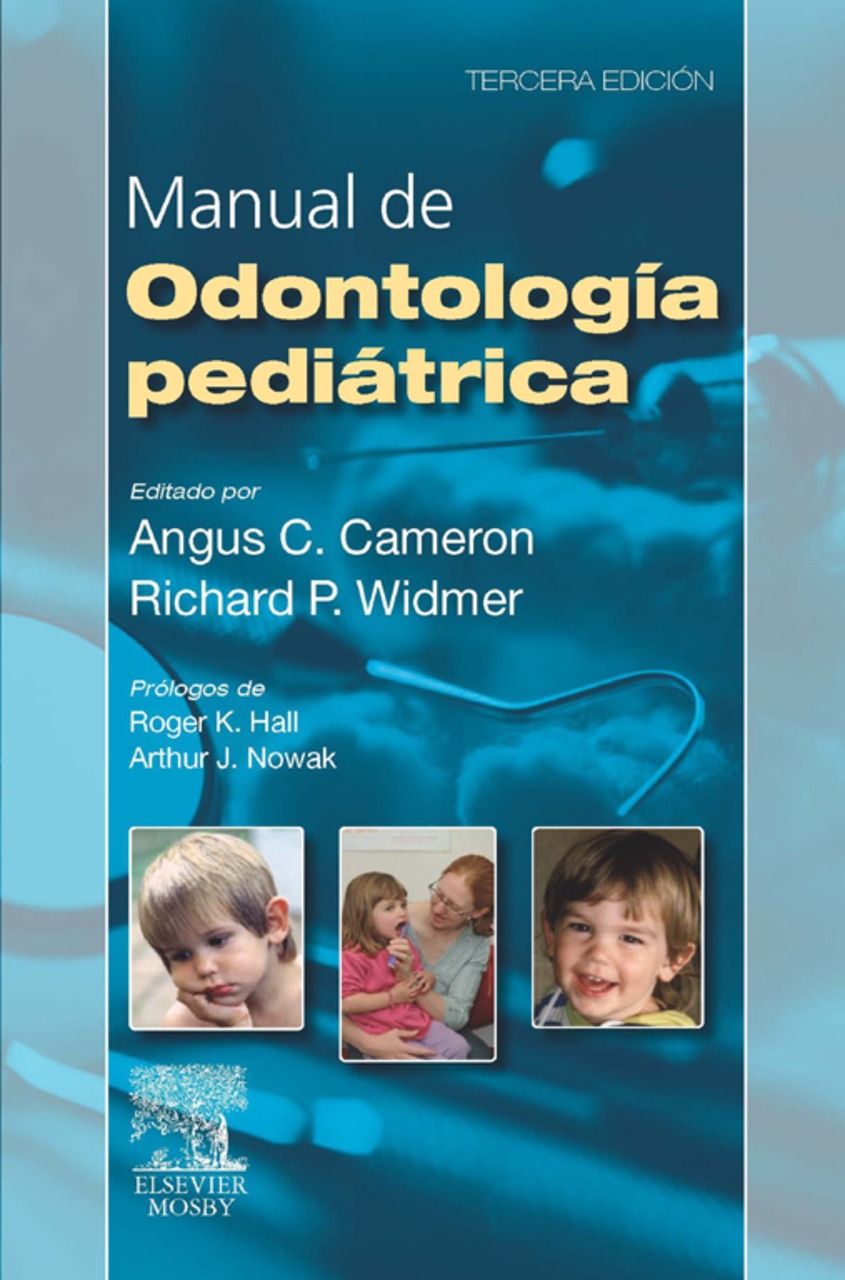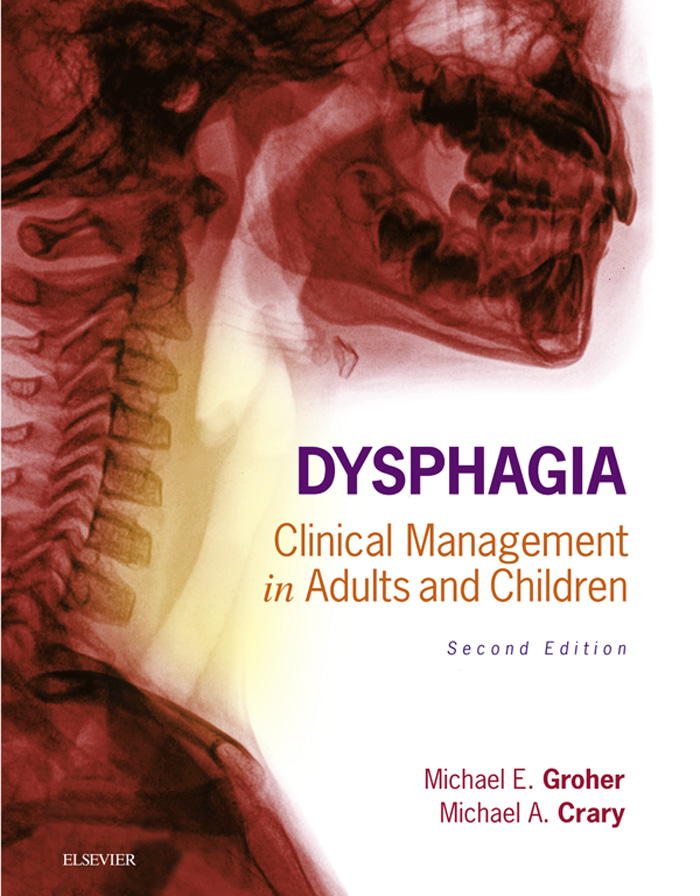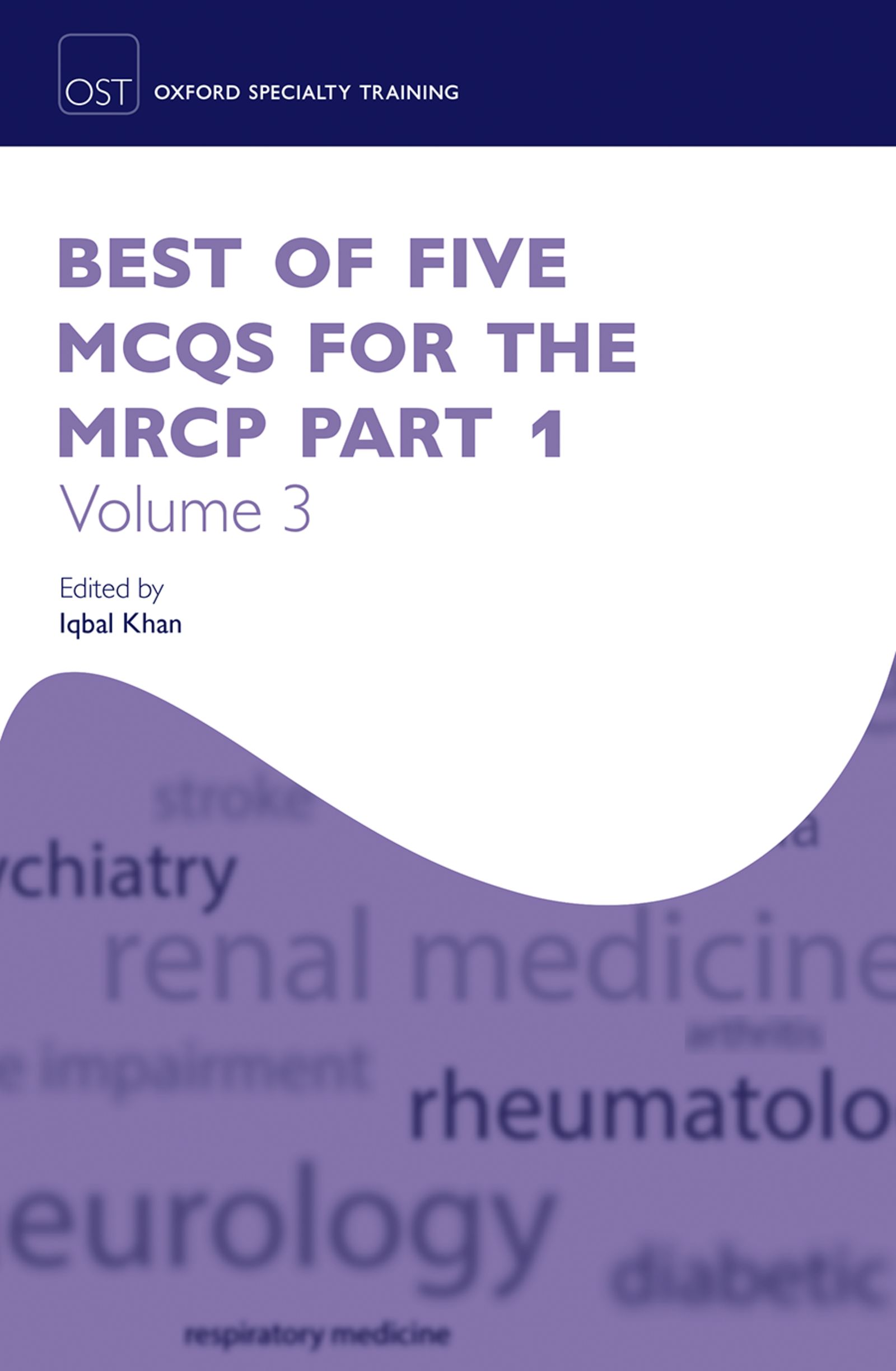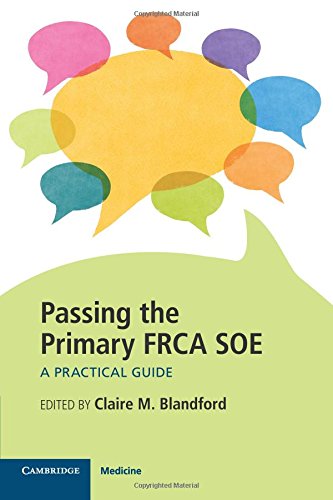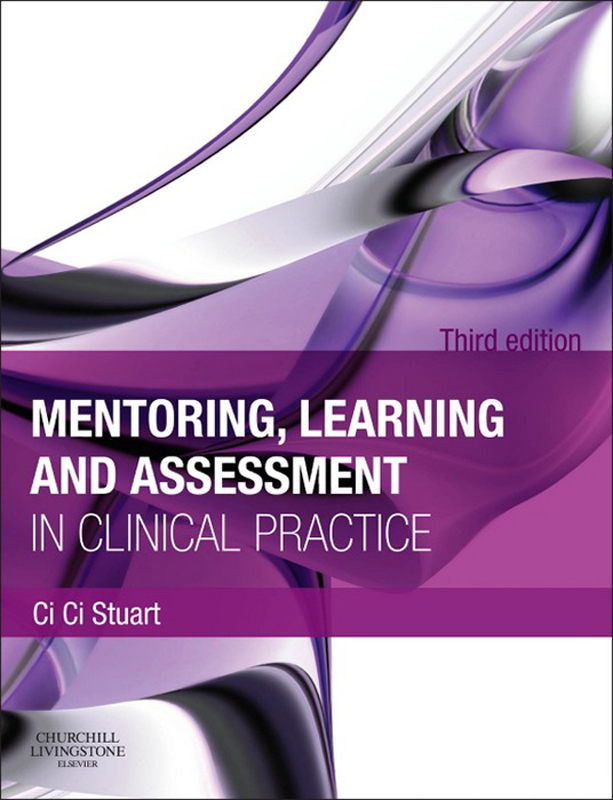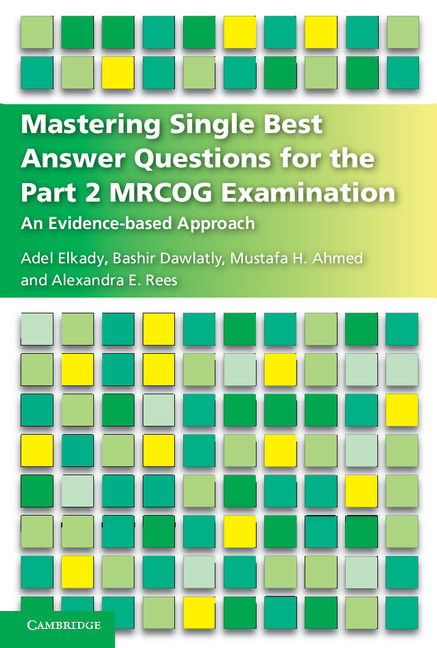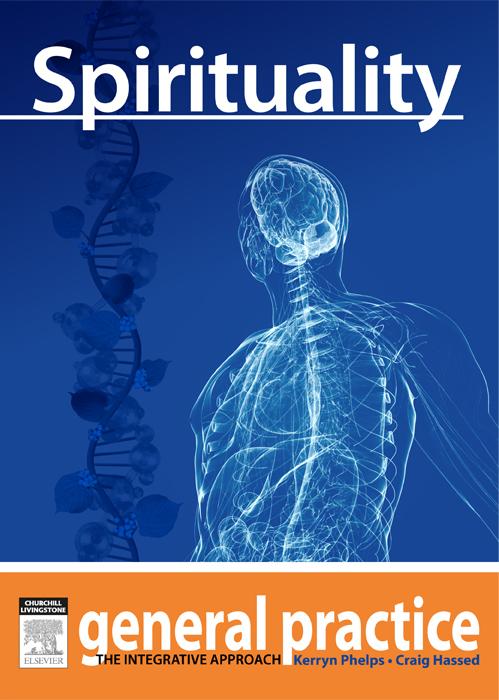Coronary Pressure
by N.H. Pijls
2020-05-30 07:45:58
A little bit more than two years after the first edition, we are pleased to publish the second edition of this book. More than half of the chapters have been remodeled and completed as the result of technical improvements and recently acquired clinic...
Read more
A little bit more than two years after the first edition, we are pleased to publish the second edition of this book. More than half of the chapters have been remodeled and completed as the result of technical improvements and recently acquired clinical data. During these two years, the number of coronary pressure measurements performed worldwide both during diagnostic and interventional procedures has increased almost exponentially. Most of the initial problems associated with this new approach have been overcome. Many colleagues have explored new research avenues and in many catheterization laboratories the method has matured from a research toy to a clinical tool. Classical indications such as the intermediate stenosis and guidance of PTCA or stent implantation, have been largely extended and coronary pressure measurement has proven to be useful in multi vessel disease, diffuse disease, long and serial stenosis, after myocardial infarction, and in many other diagnostic and interventional situations encountered in the catheterization laboratory. Quite unexpectedly, this approach has also enforced the ties with our surgical colleagues in the selection of patients suitable for minimal invasive surgery or hybride revascularization. Also in mild and intermediate left main disease, there is a role for coronary pressure measurement in the process of decision making. We would like to express our gratitude to all those many colleagues who trusted and applied this new approach for the benefit of their patients. Aalst, Eindhoven, Bernard De Bruyne. Nico H. J. Pijls. March, 2000. Table of Contents (overview) 1 1.
Less


